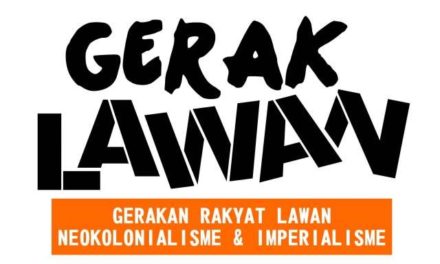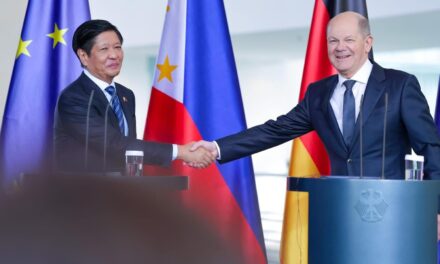Date: July 9, 2025
To: Sri Shivraj Singh Chouhan,
Minister of Agriculture & Farmers Welfare, Government of India
Subject – Urgent need for Indian intervention on the proposals on the future of genetic resources in the International Treaty on Plant Genetic Resources for Food and Agriculture (ITPGRFA)
The 14th Meeting of the Ad Hoc Working Group of ITPGRFA contracting parties is taking place from 7-11 July in Lima, Peru. The specific focus of this meeting is to expand the scope of the existing multilateral agreement to include ALL plant genetic resources instead of the restricted list of plants offered by member countries. This is not in the interest of India and other developing countries that are the providers of genetic resources. Apart from this there are other proposals on the table.
We are writing to express our profound concern about the current trajectory of negotiations to change the Multilateral System (MLS) of the International Treaty under which genetic resources are accessed between countries.
India, a leading member of the Treaty, is rich in plant genetic resources, which constitute the foundation of its agriculture and food production. It must not allow any challenges to its sovereign rights over this vital resource.
There is apprehension that the current proposals on the table for the GB 11 will not adequately address the concerns of genetic diversity-rich countries, farmers, and local communities, whose enormous contributions have been and continue to be central to global food security.
- Pushing for access to ALL Plant Genetic Resources, overtaking existing lists of plants that countries have agreed to present for global access
Concerns
- Full access instead of a negotiated access, could significantly compromise a nation’s sovereign rights over its genetic resources and override domestic legislation, like India’s Biodiversity Act. It could also impact Farmers’ Rights to save, use, exchange, and sell their farm-saved seeds.
- There is a palpable discontent that payment into the benefit-sharing fund remains paltry, while access to genetic resources (including DSI) continues and is slated to expand
- Access to genetic material for users must be unequivocally linked to a proportionate increase in monetary benefit-sharing for provider countries and communities.
- Revising the existing terms of Access and Benefit Sharing
The draft proposals aim to change the terms of access to Plant Genetic Resources and the agreed sharing of profits derived therefrom. Broadly speaking, developing countries are the providers of genetic resources whereas developed countries are the users of these resources Concerns
- The newly proposed payment rates and mechanisms are not such that will generate funds commensurate with the value of the genetic diversity taken. As it stands, after millions of seed transfers, very few monetary contributions have materialized.
- The revised MTA contains loopholes, allowing commercial users to avoid or minimize benefit-sharing obligations.
The use of broad confidentiality clauses can hinder transparency and the ability to track the utilization of genetic resources and enforce benefit-sharing.
- Benefit Sharing for use of Digital Sequence Information (DSI) / Genetic Sequence Data (GSD) –
This is perhaps the most contentious area, dealing with how benefits derived from the use of digitized genetic information of plant resources should be shared.
Concerns
- Dilution of sovereignty Over DSI: Diversity-rich countries like India argue that unrestricted access to DSI without explicit benefit-sharing mechanisms will facilitate
“digital biopiracy.” It is difficult to trace the origin of DSI once it is uploaded to public databases
- Developed countries and the seed industry want open access to DSI for research and innovation, and advocate against mandatory payments.
- Any ‘voluntary’ approach to DSI benefit-sharing ( as being discussed) would allow users to access sequence data, bypassing physical materials, and evade benefit-sharing obligations.
Recommendations for the Way Forward:
- Facilitate multilateral Group Discussions among Parties to bridge existing divides and try to arrive at a common ground.
- This is especially needed between diversity-rich developing countries (providers) and the developed countries (Users) to address specific points of divergence on DSI, expansion of lists of accessible crops, and benefit-sharing payment mechanisms.
- We urge India to take the lead in negotiations to strike a fair and equitable balance for all stakeholders, particularly between the providers and users of plant genetic resources. This would ensure global food security and a secure future where the rights of those who conserve biodiversity are justly upheld.
Link to the Letter.






![[IN PHOTOS] In Defense of Human Rights and Dignity Movement (iDEFEND) Mobilization on the fourth State of the Nation Address (SONA) of Ferdinand Marcos, Jr.](https://focusweb.org/wp-content/uploads/2025/07/1-150x150.jpg)

